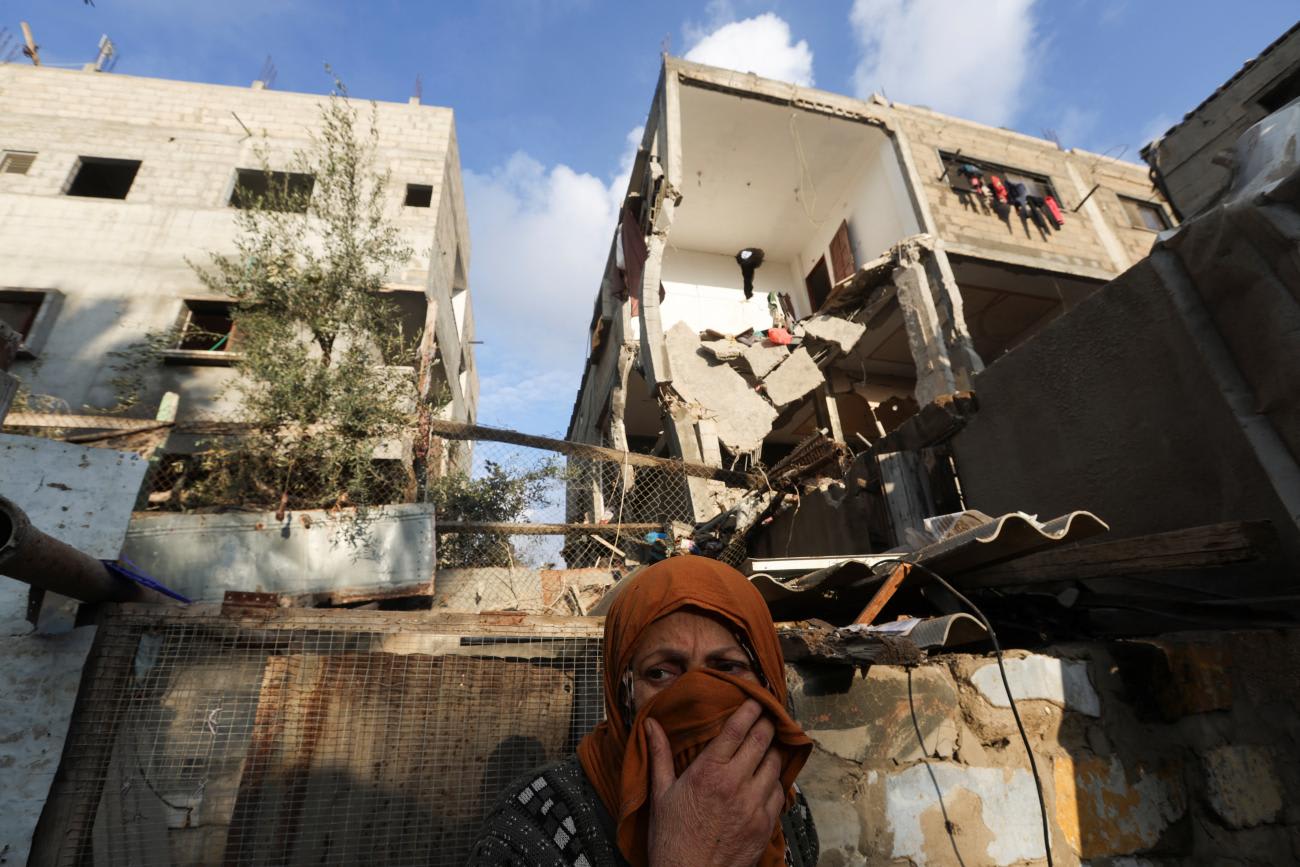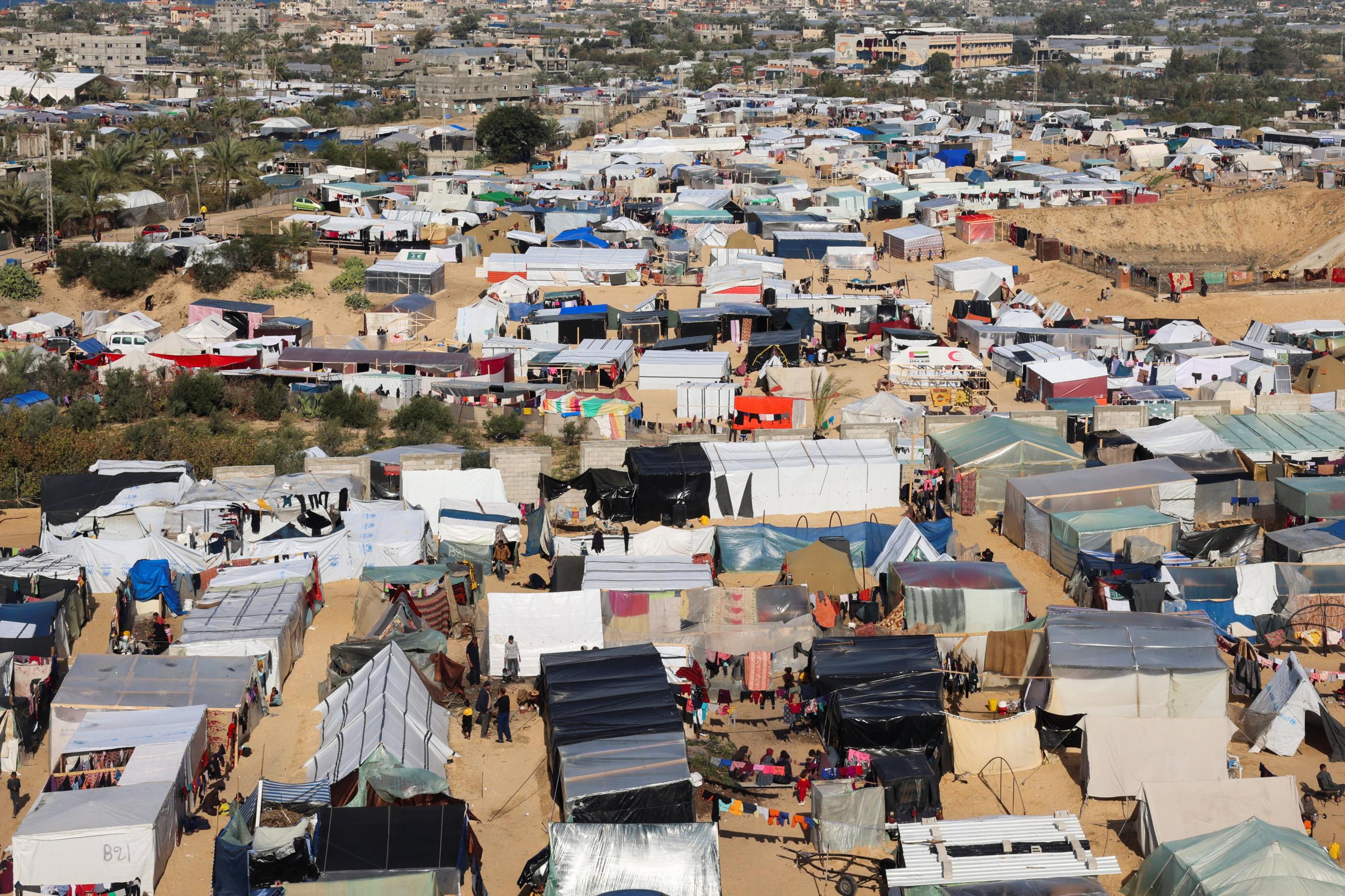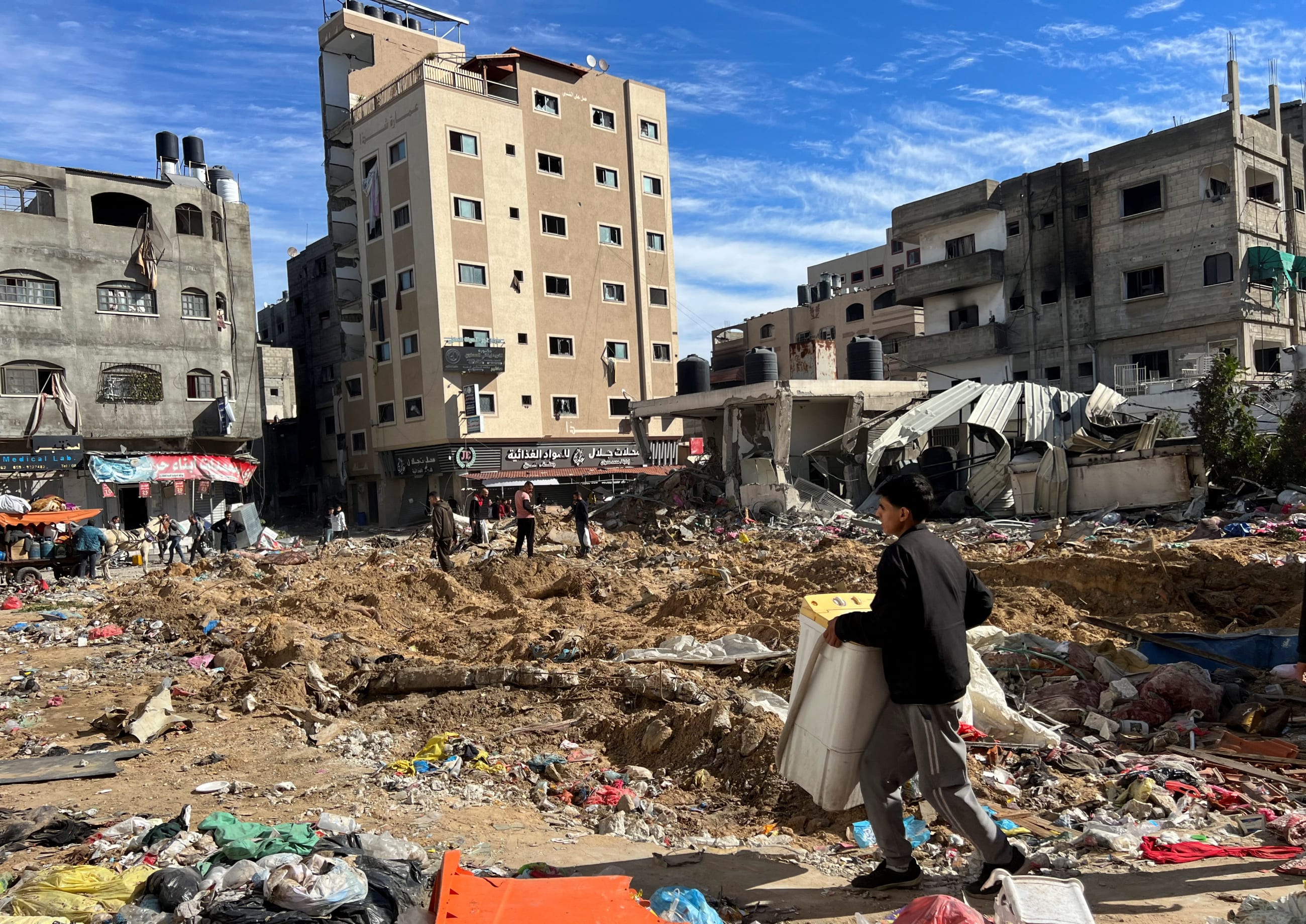In the heart of Gaza, Israeli forces' attempts to siege the strip have catapulted to a public health crisis that demands a response from the global community. As bombardment and casualties escalate daily, the physical and mental well-being of the Palestinian people is deteriorating alongside the region's health-care system, which is on the verge of collapse. Amid the relentless barrage, civilians living in Gaza find themselves with nowhere to turn, surrounded by the rubble of their homes and the unburied bodies of their loved ones.
The toll is stark—at least 657 attacks on health care since October 7, 2023, have resulted in 321 health facilities and 274 ambulances harmed across Israel and Palestinian territories, according to the World Health Organization. Eighty-nine percent of those attacks occurred in Palestinian areas. These vital institutions, once sanctuaries of healing, now stand fractured and scarred, limiting access to medical care and intensifying the dire circumstances Palestinians face.
The crisis in Gaza should be particularly unsettling given that approximately half the population is younger than eighteen years old. As of the latest available data, the state of pediatric health care in Gaza is deeply concerning and reflects the region's broader health crisis. Before the current war, more than 70 percent of children in Gaza suffered from anemia due to malnutrition. This number is now estimated to be higher than 90 percent, reflecting a severe lack of access to essential nutrients.
At least 657 attacks on health-care since October 7, 2023, have resulted in 321 health facilities and 274 ambulances harmed
Israel's recent attacks have exacerbated the trauma inflicted by the violent conditions in Gaza and continue to have a toll on the mental health of children. The strained health-care infrastructure further compounds these challenges, hindering timely and adequate medical care for pediatric patients. Urgent international attention and support are imperative to address the specific health needs of children in Gaza.
Buthayna Shtaiwi, a Palestinian journalist from Gaza, tells Think Global Health about her family's struggle receiving health care before the siege: "Even before October 7, the health-care system was inadequate and not even close to being up to international standards, so what would you think it is like now? It is unsustainable, nonexistent and words cannot describe it."
To underscore the profound implications of Israeli occupation, Shtaiwi relates a heart-wrenching account of her mother's battle with cancer, revealing the stark reality for cancer patients in Gaza. The Israeli occupation, refusing entry to crucial medical supplies, resulted in her mother's cancer becoming untreatable, leading to a slow and painful decline.
This tragic fate is not isolated; it echoes the plight of countless families in Gaza who have been denied adequate health care since long before the recent conflict erupted. Shtaiwi related another recent and tragic experience about her sister's home being damaged in an attack by Israeli forces, leaving her and her young children injured with no way to access a hospital.
That tragedy is emblematic of the wider struggles Palestinians face, where the lack of access to health care and the pervasive fear induced by living in occupied territories discourages many from seeking treatment.

The ongoing attacks from Israel have forced many health facilities to close, and those that remain open are operating above capacity with a patient backlog currently surpassing the treatment capacity. The surge of patients and influx of trauma cases has placed an unprecedented burden on health-care professionals. Health-care workers at Al-Shifa Hospital in Gaza explain that they are facing extreme conditions as they work to care for patients without electricity, water, and food.
Ambulances transporting injured patients have been attacked by Israeli snipers, as are patients who try to leave the hospital, taking the lives of innocent civilians to only later be labeled as collateral damage by Western media. Without the assurance of safe passage for patients and medical staff, civilians have been left to dig mass graves inside Al-Shifa to bury more than a hundred dead bodies.
The strained health-care infrastructure in Gaza, exacerbated by recent attacks, raises alarming concerns about the potential for the spread of diseases beyond the region's borders. Given the complete electricity blackout, wells, desalination, and purification plants as well as sanitation services are inoperative, leading to the accumulation of sewage and solid waste in the streets. This poses a serious threat to the spread of preventable diseases, not only generating a risk to the local population but also creating a potential global health crisis.
To make matters worse, a major water pipeline connecting Rafah and Khan Younis is facing a 70 percent leak caused by the damage from attacks. As a result, water providers are forced to rely on less efficient water trucking. Health partners have observed the emergence of diseases such as cholera and diarrhea due to the lack of clean drinking water, as well as measles, tuberculosis, and COVID-19 attributed to crowded living conditions. The prevalence of these diseases is anticipated to increase unless water and sanitation facilities receive electricity or fuel to resume their operations.
The strained health-care infrastructure in Gaza, exacerbated by recent attacks, raises alarming concerns about the potential for the spread of disease
The World Health Organization has stated that the combination of hunger and disease in Gaza has the potential to result in more deaths than the actual military bombardment. The interconnectedness of health on a global scale becomes evident as the Gaza health crisis unfolds, underscoring the imperative to address and protect local health-care systems to prevent the emergence and spread of threats to global health security. The crisis in Gaza transcends its immediate regional impact, holding profound implications for global health security. The global health community must be concerned with the implications that result from this crisis and the precedent it will set for future humanitarian issues.
In addressing the Gaza health crisis, a critical nexus lies in bridging the gap between public awareness and policy considerations. A clear and significant disparity exists between the global public's awareness of the crisis and the level of policy engagement. Awareness is on the rise, but the urgency for policy actions has not kept pace. The disconnect between the public's cries for justice and the inaction from policymakers should not hinder or discourage the critical advocacy for Palestinians. Although the reality in Gaza is currently grim, advocates should continue to protest and petition for a ceasefire so that health-care workers can safely perform their duties on sick and injured patients. The global health community should continue to educate others with accurate and objective information and amplify the voices of the frontline workers in Gaza.
At its core, global health seeks to unite experts from diverse disciplines to advance universal health equity, a stark reminder that health equity extends beyond geographical and political boundaries. The loss of innocent lives in Gaza, compounded by the strained health-care infrastructure and restricted access to essential medical care, highlights the interconnectedness of health on a global scale. This crisis urges the global health community to recognize the urgency of addressing local health disparities to prevent potential threats to global health security.
The crisis in Gaza should therefore be a central concern for all self-proclaimed advocates of global health and health equity. Global health professionals should not compromise their humanitarian principles in a discipline established to serve populations disadvantaged by occupation. The loss of innocent lives, regardless of the scale, should not be dismissed as collateral damage—it is an affront to the humanity we strive to protect. With historical precedents serving as poignant reminders, the global community should glean lessons from the past, understanding that human life and well-being should never be indiscriminately sacrificed.













